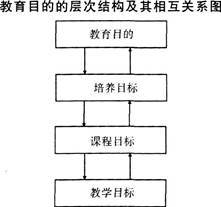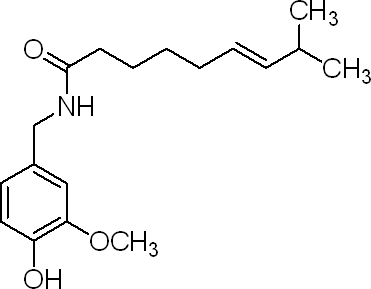Theorem:就是定理,比較重要的,簡寫是 Thm。
Lemma:小小的定理,通常是為了證明後面的定理,如果證明的篇幅很長時,可能會把證明拆成幾個部分來敘述,雖然篇幅可能變多,但脈絡卻很清楚。
Corollary:推論。由定理立即可推知的結果。
Property:性質,結果雖然值得一記,卻沒定理來的深刻。
Proposition:有人翻譯為「命題」, 有些作者喜歡用,大概也可以算是比較簡單的定理的一種稱呼。
Claim:證明時先敘述一個結果,再作證明。看的人比較輕鬆。
Note:通常只是一個註解。
Remark:涉及一些結論,比較起來 "Note" 比較像說明, "remark" 則常是非正式的定理。
首先、定义和公理是任何理论的基础,定义解决了概念的范畴,公理使得理论能够被人的理性所接受。
其次、定理和命题就是在定义和公理的基础上通过理性的加工使得理论的再延伸,我认为它们的区别主要在于,定理的理论高度比命题高些,定理主要是描述各定义(范畴)间的逻辑关系,命题一般描述的是某种对应关系(非范畴性的)。而推论就是某一定理的附属品,是该定理的简单应用。
最后、引理就是在证明某一定理时所必须用到的其它定理。而在一般情况下,就像前面所提到的定理的证明是依赖于定义和公理的。
1.引理和定理应该是根据文章目的不同而区分的,同样的论点在这篇文章可以是引理,在那篇文章可以是定理。
2.如果为了说明一个问题进行论证,但是在论证前需要证明若干个小问题,那么这些若干个小问题的结论就是引理,而这个问题的论证将会需要引用到前面的引理,该问题的结论就是定理。
3.引理是为定理作准备的。文章中的定理才是需要说明的主要问题或者目的。
就如doppler 说的,
"Theorem" 本身是一个大 result
"Lemma" 是 prove “Theorem“ 之前用的一个 result
"Corollary" 是可以从 "Theorem" 里直接 deduce/prove 出来的 result
" Proposition" 是一个还无法大到变成 "Theorem" 的一个 result (当作小 theorem )
(1)Definition(定义)------a precise and unambiguous description of themeaning of a mathematical term. It characterizes the meaning of aword by giving all the properties and only those properties thatmust be true.
(2) Theorem(定理)----a mathematical statement that is proved usingrigorous mathemat-ical reasoning. In a mathematical paper, the termtheorem is often reserved for the most important results.
(3) Lemma(引理)----a minor result whose sole purpose is to help inproving a theorem. It is a stepping stone on the path to proving atheorem. Very occasionally lemmas can take on a life of their own(Zorn's lemma, Urysohn's lemma, Burnside's lemma,Sperner'slemma).
(4) Corollary(推论)-----a result in which the (usually short) proofrelies heavily on a given theorem (we often say that this is acorollary of Theorem A").
(5) Proposition(命题)-----a proved and often interesting result, butgenerally less important than a theorem.
(6) Conjecture(推测,猜想)----a statement that is unproved, but isbelieved to be true (Collatz conjecture, Goldbach conjecture, twinprime conjecture).
(7) Claim(断言)-----an assertion that is then proved. It is oftenused like an informal lemma.
(8) Axiom/Postulate------(公理/假定)a statement that is assumed to betrue without proof. These are the basic building blocks from whichall theorems are proved (Eu-clid's ve postulates, Zermelo-Frankelaxioms, Peano axioms).
(9) Identity(恒等式)-----a mathematical expression giving the equalityof two (often variable) quantities (trigonometric identities,Euler's identity).
(10) Paradox(悖论)----a statement that can be shown, using a givenset of axioms and de nitions, to be both true and false. Paradoxesare often used to show the inconsistencies in aawed theory (Russell's paradox). The term paradox is often usedinformally to describe a surprising or counterintuitive result thatfollows from a given set of rules (Banach-Tarskiparadox, Alabama paradox, Gabriel's horn).
 爱华网
爱华网


